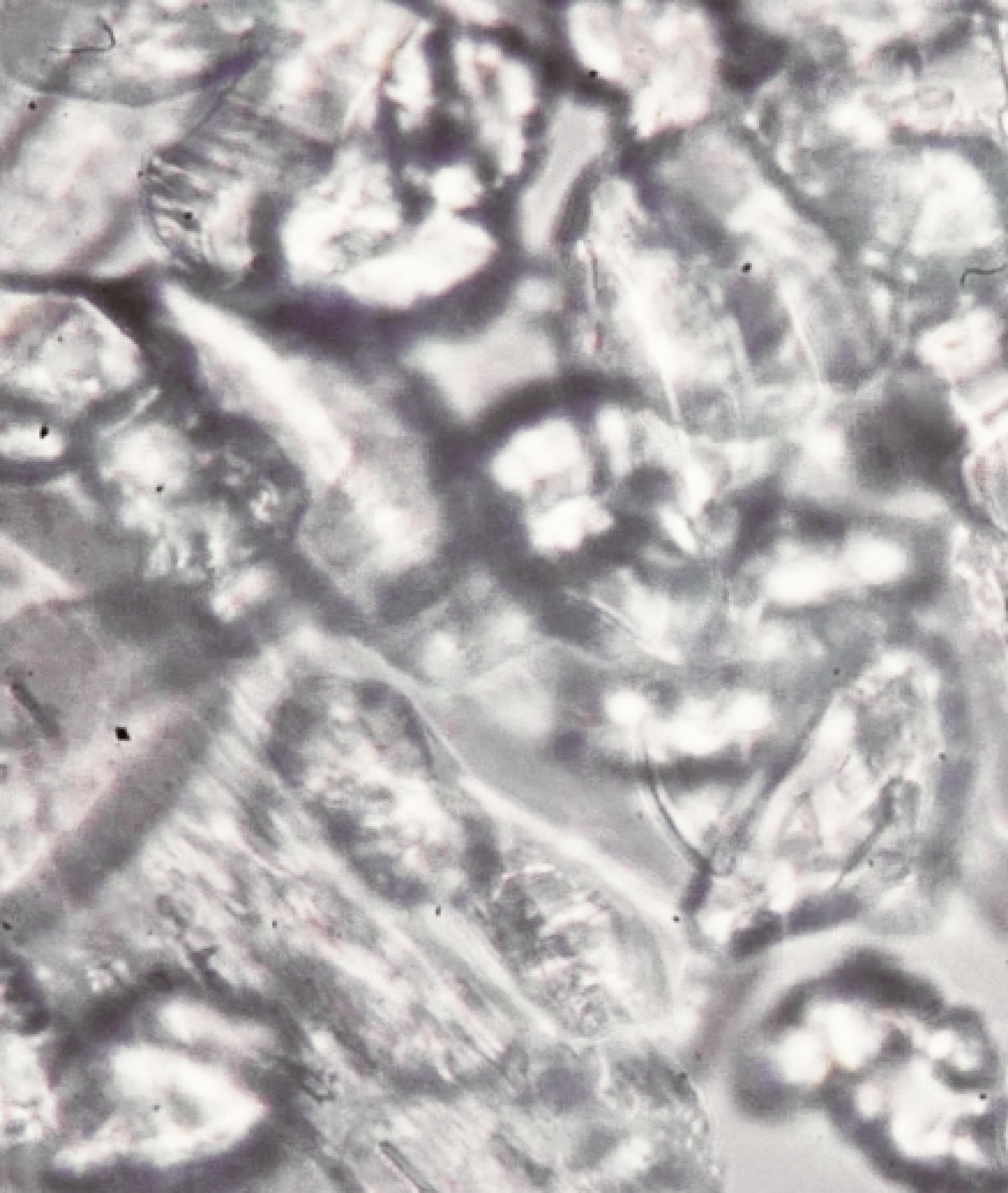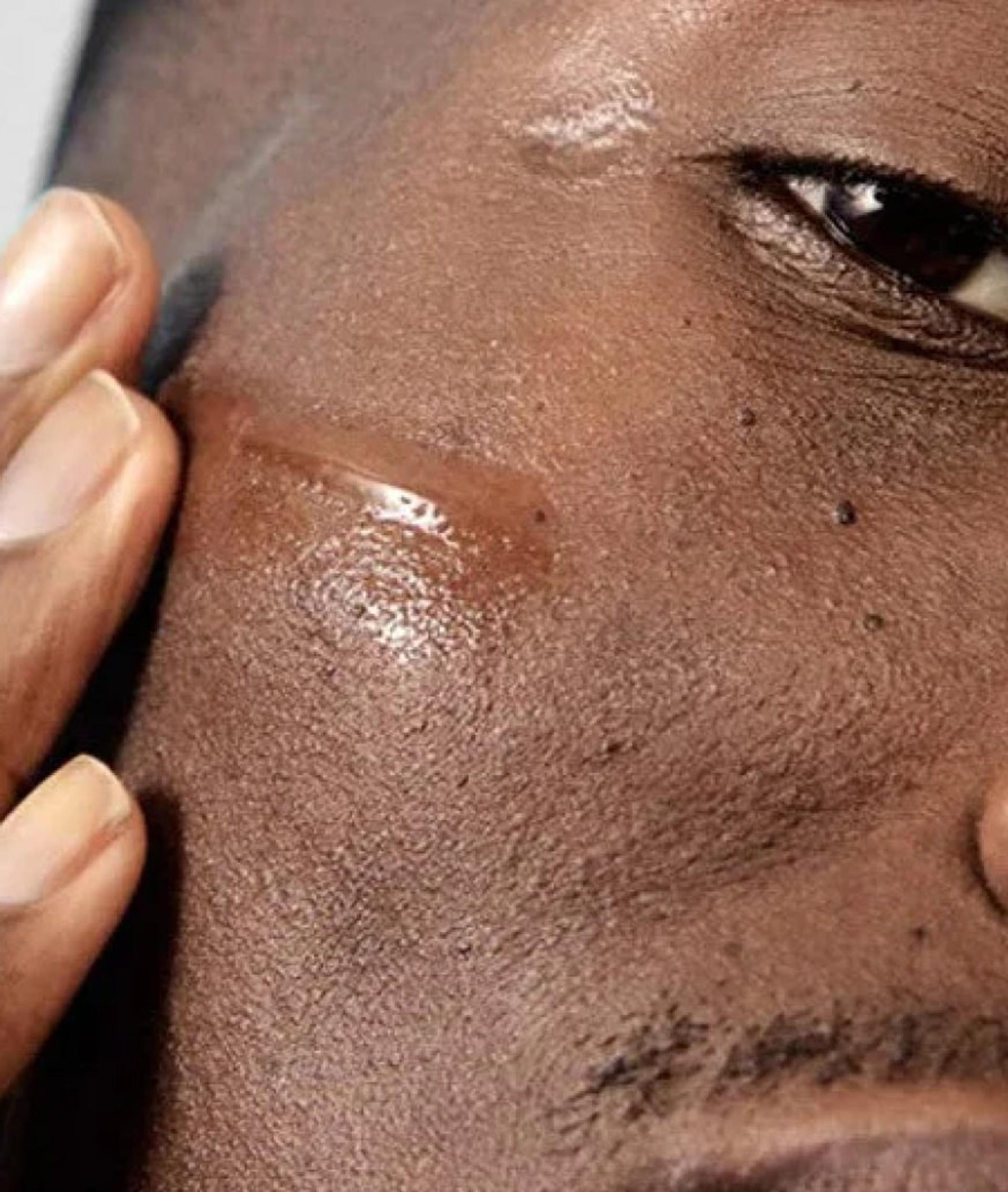The relationship between the skin microbiome and the skin barrier
- Skin microbiome

This was really interesting for me to research, so I think you guys will enjoy it. Skin barrier health and integrity has become super popular in the last few years, as it should be- it’s super important for skin health! But we don’t hear much about our skin barrier’s bacterial sidekick, the skin microbiome- until now! There is very exciting literature about the intimate relationship between our skin barrier and the microbiome. So, let’s dive into this relationship and take a peek behind closed doors.
The shared goal of the skin barrier and skin microbiome
Simply put, the skin microbiome and the skin barrier work in harmony to protect us! In other words, they work together as skin’s immune system. We know the skin is our first line of defense against external pathogens. The skin barrier is a physical barrier that ensures that pathogens stay out of our bodies, while our skin microbiome also works to defend against pathogens by out competing and killing pathogenic bacteria.
Studies show that if our skin barrier is compromised or weakened (for whatever reason) our skin microbiome adapts to pick up the slack. A weakened barrier can trigger certain AMPs (anti-microbial peptides) to be created and released, which add extra protection against pathogens to the skin. It’s also been documented that the skin microbiome is essential in repairing a damaged skin barrier in an effort to effectively defend the host (us!).
“…the microbiome also stimulates a range of innate immune responses and maintains symbiotic relationships with the skin when the skin barrier is disturbed.” - PMID 36361857
There is also evidence that microbes are able to penetrate the skin barrier indicating that this barrier is more of a modulator for which microbes are able to pass through (ie. including pathogenic bacteria), rather than a complete blockade. This provides further insight into how the skin microbiome and skin barrier work together to moderate skin immunity.
“We recently observed that bacteria residing on the epidermis can be observed within the dermis of healthy normal human skin PMID: 23385576. This surprising observation that bacteria can penetrate the epidermis illustrated how bacteria position themselves to directly influence immune responses.” - PMID 27381887
The symbiotic nature of this duo makes it all the more important to take care of each one. When one is compromised, our entire cutaneous immune system is compromised, leading to all kinds of complications. Now that we know our immune system is supported by our skin barrier AND skin microbiome, let’s look at exactly how the skin microbiome physically affects our barrier.
How a balanced skin microbiome affects the skin barrier
Despite the seemingly different systems here, the skin microbiome and the skin barrier rely on each other quite a bit. Interestingly, depending on its composition, the skin microbiome can either strengthen or degrade the skin barrier!
“Skin microbes do not simply reside on the skin but interact with the skin in a variety of ways, significantly affecting the skin barrier function…The skin microbiome and the skin barrier relate symbiotically to affect each other in physical, chemical, and immunological ways.” - PMID 36361857
A balanced, healthy skin microbiome helps strengthen the barrier by producing enzymes that gather nutrients that skin needs to produce essential barrier compounds. A perfect example of this is S. epidermidis and its profound correlation to ceramide production. Ceramides are an essential part of the skin lipid matrix. They prevent water-loss from TEWL, decrease signs of aging, and decrease infection. S. epidermidis secretes sphingomyelinase (an enzyme) that helps the host to acquire essential nutrients for the bacteria and produce ceramides. The study ultimately concludes:“S. epidermidis significantly increases skin ceramide levels and prevents water loss of damaged skin in a manner that is entirely dependent on sphingomyelinase” -PMID: 35123653.
To further dive into this discovery, tests on germ free mice (mice that have no microbiome) show a higher rate of skin infection and weaker barrier integrity due to a lack of nutrient harvesting enzymes, which are produced by certain strains of the skin microbiome.
How an unbalanced skin microbiome affects skin barrier integrity
‘Microbiome dysbiosis can cause damage to the skin barrier, which is associated with inflammatory skin diseases’. - PMID 36361857
One of the most well documented negative effects of an unhealthy skin microbiome on the skin barrier comes from the interaction between S. aureus and the skin barrier. Most of this data has been harvested from patients with Atopic Dermatitis, which is an inflammatory skin condition with strong ties to skin microbiome dysbiosis and skin barrier impairment.
“Strong associations have been shown between dysbiosis and the clinical phenotype of atopic dermatitis (AD) (https://doi.org/10.1016/j.jid.2016.05.12)”
In various studies, it’s been shown that S. aureus prompts skin to produce cytokines that degrade barrier integrity and enhance barrier degradation. The ability of staph aureus to penetrate the epidermis is also superior to other bacterial species, as shown in various tape stripping experiments. Advanced s. aureus colonization is also found in cases of impaired filaggrin expression. Filaggrin is an important protein in the skin that binds keratin fibers in skin cells. Lack of filaggrin is another hallmark of atopic skin, and linked to an abundance of s. aureus in the skin microbiome. Lack of filaggrin also enhances s. aureus’s ability to penetrate and cause further damage to the skin barrier.
“…studies show that s. aureus PSMα can stimulate keratinocytes to produce cytokines that promote skin damage and inflammation resembling AD.” - PMID: 27381887
Bottom line:
Our barrier works better with a balanced biome! The skin microbiome and the skin barrier have an extremely close connection and are constantly working together to support and regulate the immune system on the skin. The importance of the skin barrier is just now being fully understood in mainstream messaging. My prediction? The skin microbiome is next… and for good reason. Working to achieve skin microbiome homeostasis is the most important thing we can do to help support our skin barrier. The saying goes ‘behind every strong man is an even stronger woman’ and in this case: behind every strong skin barrier is a healthy, functioning, and balanced skin microbiome.
https://www.ncbi.nlm.nih.gov/pmc/articles/PMC9654002/
https://www.ncbi.nlm.nih.gov/pmc/articles/PMC8364505/


